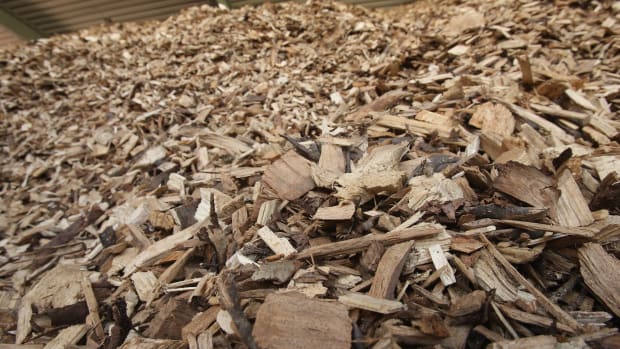Caribbean countries must transform their energy systems by creating new, greener sources of power.
Puerto Rico lost electricity again on April 18th, seven months after Hurricane Maria first knocked out the island’s power grid. For people in some remote rural areas, the blackout was more of the same. Their power had yet to be restored.
The dangerous fragility of Puerto Rico’s energy systems has put other Caribbean countries on high alert. Across the region, electric grids are dated, ailing, and overburdened—making it easy work for a powerful passing storm.
Caribbean nations also rely heavily on oil and diesel imports to fuel their power plants—a dirty and expensive way to produce energy. So even before the 2017 hurricane season, Caribbean governments were trying to integrate renewable energy sources like wind and solar into their existing grids.
Now that task seems far more urgent. To move beyond fossil fuels, Caribbean countries must transform their energy systems by building in new, greener sources of power. That will also make electric grids more resilient to weather extremes because they will be decentralized—pulling from a diverse array of power sources.
As an environmental scientist working in Jamaica, I recognize many reasons why the Caribbean region must upgrade its outmoded energy systems. Mitigating global climate change, of course, is a big one.
Read Full Article by Masaō Ashtine at Pacific Standard

